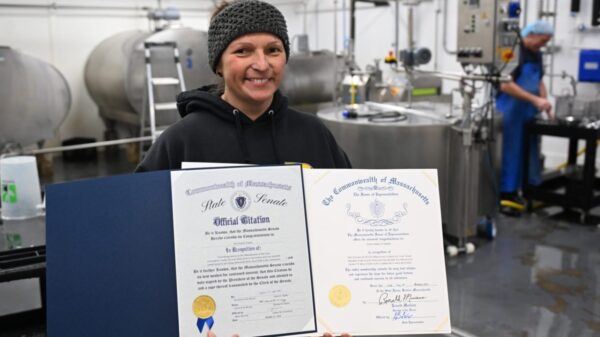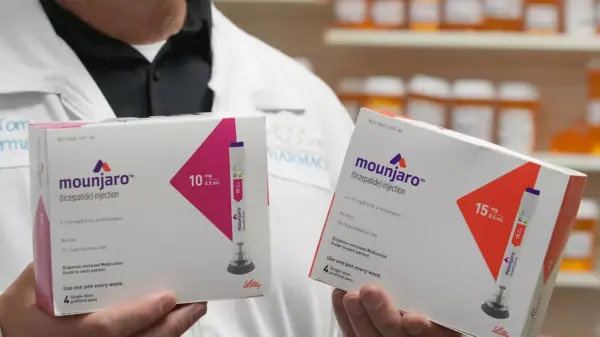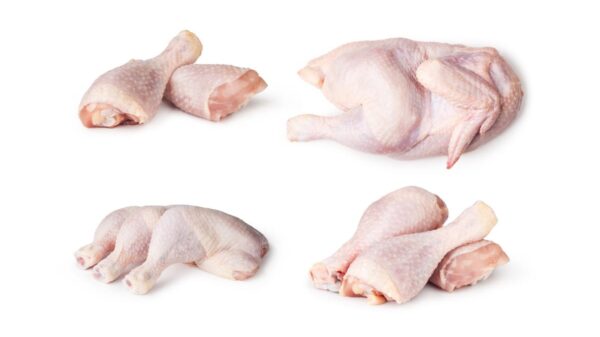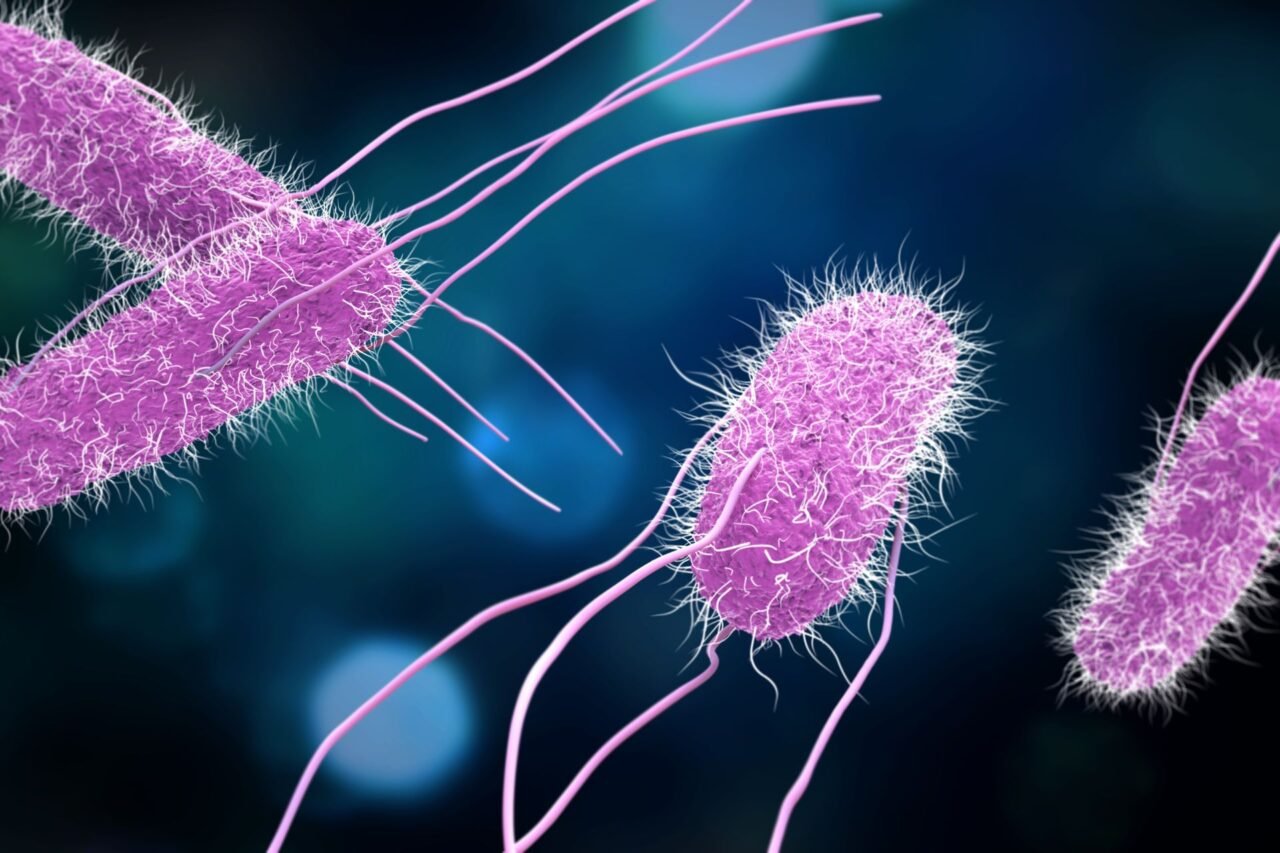UPDATE: Scientists at the University of Maryland have just announced a groundbreaking vaccine that could protect against Salmonella, one of the leading causes of foodborne illness. This development comes as food poisoning continues to impact millions of people globally each year.
In a Phase I clinical trial involving 22 healthy adult volunteers, researchers tested the trivalent Salmonella conjugate vaccine (TSCV). Results indicate the vaccine is safe and well-tolerated, generating a strong immune response to target bacteria. Myron Levine, a co-author of the study, emphasized the significance of these findings, stating, “These findings provide a strong foundation for future studies.”
Each year, over 1 million Americans suffer from Salmonella infections, leading to tens of thousands of hospitalizations. The vaccine targets three critical subtypes of Salmonella, including the notorious Salmonella Typhi, which causes typhoid fever—a severe form of food poisoning that can last for weeks and requires special antibiotic treatment.
Salmonella typically spreads through undercooked meats, poultry, eggs, and unwashed fruits and vegetables, as well as through contact with infected individuals. The vaccine aims to reduce the burden of this pervasive threat, particularly among vulnerable populations such as young children and the elderly.
The TSCV vaccine operates as a conjugate vaccine, combining polysaccharide antigens from Salmonella with a carrier protein to enhance the immune response. Early trials showed that the most common side effect was mild pain at the injection site, but overall, the vaccine was deemed safe.
As the research progresses, scientists are optimistic about TSCV’s potential to protect not only in the United States but also in regions where Salmonella infections are endemic and deadly. Lead researcher Wilbur Chen stated, “These results are highly encouraging… They show that TSCV has the potential to protect children in regions where both typhoid and Salmonella are endemic and deadly.”
The findings were published on October 4, 2023, in the journal Nature Medicine. While these initial results are promising, further larger-scale studies are essential to confirm the vaccine’s efficacy and safety.
As food safety remains a pressing concern, the introduction of a vaccine could revolutionize prevention strategies against foodborne illnesses. Though it’s still crucial to practice proper food handling and hygiene, this new development offers hope that in the near future, enjoying a meal may come with one less worry—Salmonella.
Stay tuned for more updates as this story develops.





































































